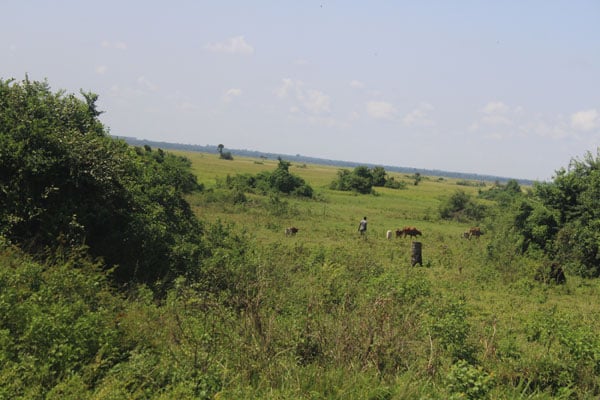Lango leaders ask govt to demarcate wetlands

What you need to know:
Of the nine districts that make up Lango, five are rapidly losing their wetlands
Local leaders from Lango Sub-region have asked the government to demarcate all wetlands so as to protect the ecosystem from encroachers.
Of the nine districts that make up Lango, five are rapidly losing their wetlands.
The affected districts are Kole, Kwania, Amolatar, Apac, and Dokolo.
Mr Dickens Odong Wacio, a clan chief, said most of the wetlands are drying up due to continuous encroachment.
“Before cattle rustling, most of the swamps were used for grazing, there were no homes, and people were not cultivating, but when cattle rustling increased, people lost most of their cattle and the resorted to farming,” he said.
“Now people have started cultivating in the wetlands. People are now building in the wetlands. The population is increasing and there is pressure on land,” he added.
Mr Odongo also noted that the drying up of swamps has affected the rainfall pattern.
“We have been having rains in the past between July, August, and September, but now, we have no rain and there is a looming climate change-induced hunger in the region,” he added.
The Lango Cultural Institution has also started a campaign that discourages people from encroaching on wetlands.
Climate change effect
Ms Santa Ejack, a resident of Ibuje Sub-county, Apac District, said animal rearing has become a big challenge because of climate change.
“We now go very far to get water for domestic consumption, and we have no water for watering our animals,” she said.
The Apac District environment officer, Mr Haron Okullu, revealed that 18 percent of the wetlands in Apac have been encroached on.
He added that every year, they receive up to 20 cases of encroachments.
In Apac a total of 44,290 hectares of land is covered by wetlands, according to Mr Okullu.
In Dokolo, the district natural resources officer, Mr Rajab Epilla, said: “So far, 38 to 40 percent of the wetlands have been degraded. This has left a negative impact on the district, affecting the aquatic animals.”




